Background:
I have the following pandas Dataframe:
Objective:
Each field in the tweet column contains tweets (duh!). I am trying to do two things:
- Delete all characters from the string before 'InSight'. So all tweets would begin 'InSight sol...'
- Extract dates from the tweets (that are present just prior to 'InSight' and save these in a new column, named 'Date'.
What I've tried:
I've tried things such as split_string = tweets_df.split("InSight", 1) but I can't seem to write any code that is OK with splitting part of a string, but rather just a delimiter.
Any advice would be grately appreciated.
